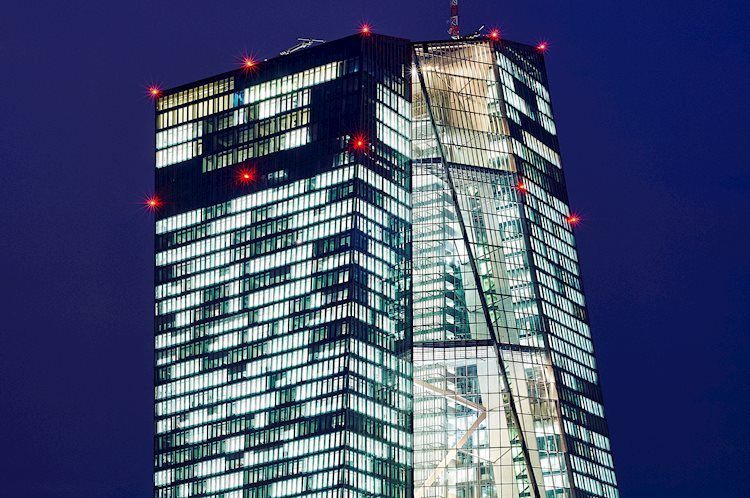European Central Bank (ECB) board member Piero Cipollone said on Friday that central bank should cut interest rates further to support the recovery in the Eurozone and also in the face of potential new trade tariffs in the US, per Reuters.
Key quotes
The pace and extent of reduction will depend on data.
Developments remain consistent with a consumption-led recovery.
Whether the recovery will firm up remains to be confirmed.
We should not be more restrictive than what is necessary to ensure timely convergence of inflation to target.
It could be self-defeating to tolerate an economy running persistently below potential as an insurance against possible future inflationary shocks.
Market reaction
At the time of writing, EUR/USD is trading 0.08% higher on the day at 1.0535.
ECB FAQs
The European Central Bank (ECB) in Frankfurt, Germany, is the reserve bank for the Eurozone. The ECB sets interest rates and manages monetary policy for the region. The ECB primary mandate is to maintain price stability, which means keeping inflation at around 2%. Its primary tool for achieving this is by raising or lowering interest rates. Relatively high interest rates will usually result in a stronger Euro and vice versa. The ECB Governing Council makes monetary policy decisions at meetings held eight times a year. Decisions are made by heads of the Eurozone national banks and six permanent members, including the President of the ECB, Christine Lagarde.
In extreme situations, the European Central Bank can enact a policy tool called Quantitative Easing. QE is the process by which the ECB prints Euros and uses them to buy assets – usually government or corporate bonds – from banks and other financial institutions. QE usually results in a weaker Euro. QE is a last resort when simply lowering interest rates is unlikely to achieve the objective of price stability. The ECB used it during the Great Financial Crisis in 2009-11, in 2015 when inflation remained stubbornly low, as well as during the covid pandemic.
Quantitative tightening (QT) is the reverse of QE. It is undertaken after QE when an economic recovery is underway and inflation starts rising. Whilst in QE the European Central Bank (ECB) purchases government and corporate bonds from financial institutions to provide them with liquidity, in QT the ECB stops buying more bonds, and stops reinvesting the principal maturing on the bonds it already holds. It is usually positive (or bullish) for the Euro.
